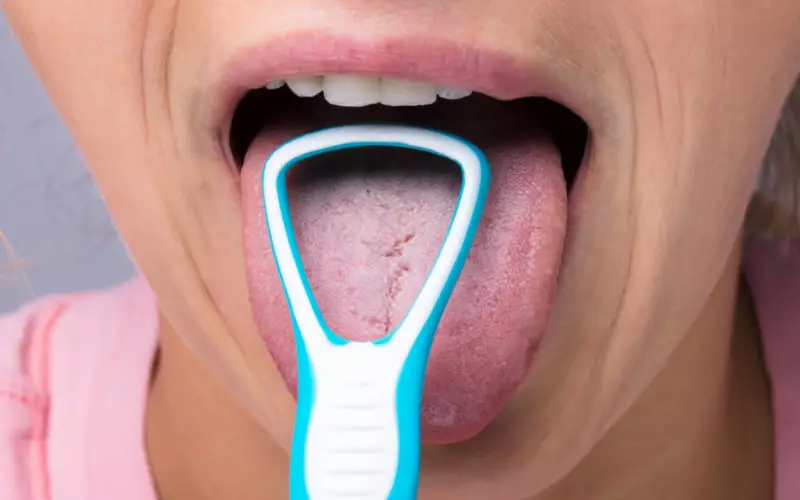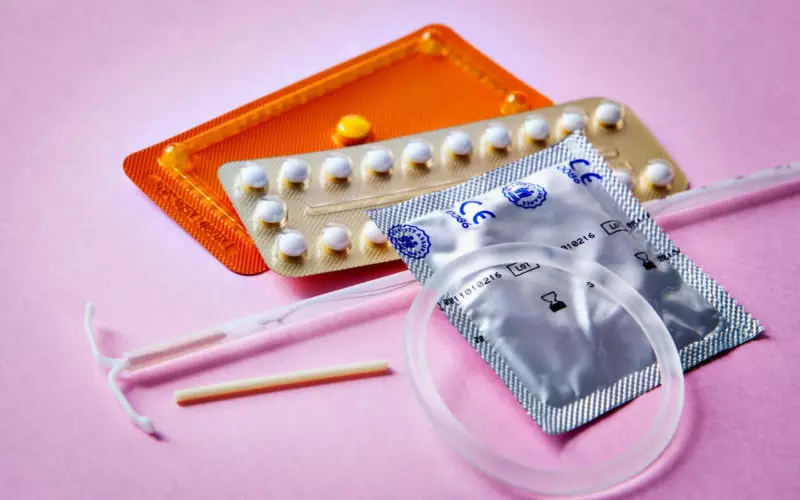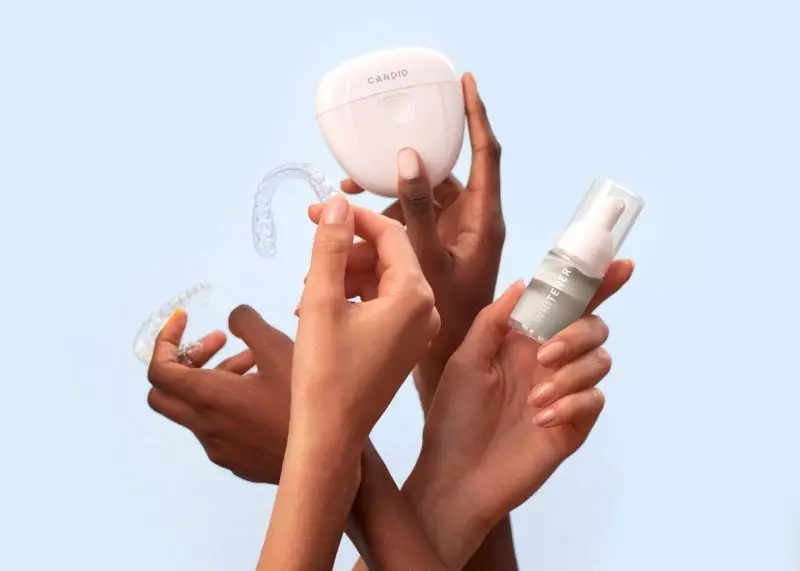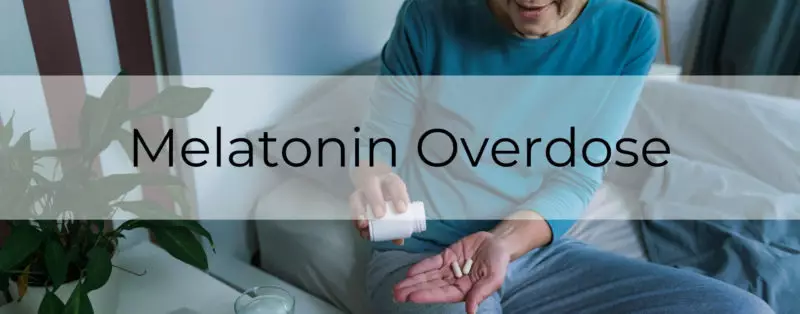
Did you know that melatonin is the primary hormone responsible for the quality of our sleep?
Many people may mistake this hormone for melanin: the pigment in hair, skin, and eyes that gives them dark color. However, the two compounds have nothing to do with one another.
That being said, many factors can impact the effective production of melatonin, the two main ones being poor dietary choices and prolonged exposure to blue light (type of light emitted from electronic devices like phones, TV, computers, etc.) [2][3]
The impaired production of melatonin and experiencing sleep disorders is only one reason why people may supplement with this hormone in the form of capsules, pills, or liquid.
Other benefits of prescribed melatonin supplementation may include improved symptoms of jet lag, insomnia, stress, ADHD, and others. [4]
This article will guide you through the symptoms of melatonin overdose, as well as the methods used for diagnosis, risk factors, and treatment methods.
Let’s get started!

Supplementation
However, not all melatonin supplements are created the same. Melatonin is a hormone, and because it is, hormones must be USP pharmaceutical grade. It's really important to keep in mind that the Food and Drug Administration (FDA) doesn't regulate the safety or effectiveness of supplements the same way that it monitors drugs.
Two forms of melatonin exist in the general market. One is the natural form which comes from the pineal gland of animals, and may pose a risk to humans because it can be contaminated with animal virus. Synthetic melatonin is safer because it is free from biological contaminants.
There are also newer vegan, plant based, Natural slow release melatonin available now on the market.
Shopping for supplements can be incredibly challenging as a consumer , and pharmacists are the first line of accessible health care providers that can guide you in choosing the right one.
Symptoms
According to the Mayo Clinic, the most common melatonin overdose symptoms include [5] :
- Headache
- Dizziness
- Nausea
- Drowsiness
- Short lasting depression
- Tremor
- Mild anxiety
- Irritability
- Abdominal cramps
- Confusion
- Reduced alertness
- Low blood pressure
Furthermore, a 2020 article in the Sleep Advisor suggests that melatonin supplementation and overdose may lead to the following side effects and health risks [6] :
- Daytime sleepiness
- Hormonal changes and imbalance
- Stomach issues
- Paranoia
That being said, melatonin is considered generally safe for supplementation and is unlikely to lead to withdrawal symptoms, according to the Mayo Clinic. [5]
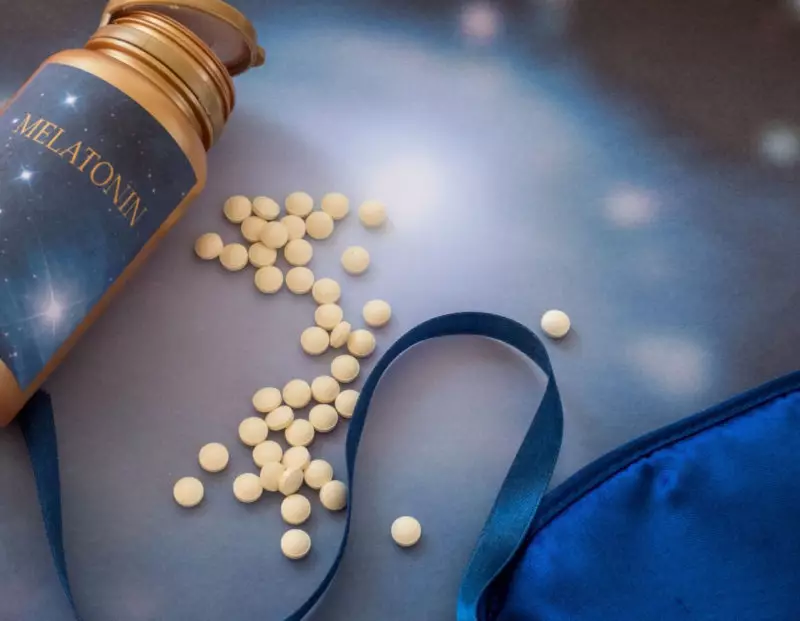
Diagnosis
Diagnosing melatonin overdose can be tricky, as it’s sold freely (and treated like a supplement- not like a medicine) in many countries like the US, and patients may take uncontrolled doses of the hormone. [7]
If you recognize symptoms of melatonin overdose (from the previous section) and you supplement with the hormone, consult your healthcare provider or pharmacist immediately to get an accurate diagnosis and changes in your supplementation plan.
Who is at risk of melatonin overdose?
According to the NHS, melatonin is mainly prescribed to people over 55 years old, yet, it is also occasionally prescribed to younger adults and teenagers. [8] That being said, the source emphasizes the fact that melatonin might not be suitable for everybody. Here are the patient groups who are at risk if supplementing with melatonin:
- Patients with liver or kidney problems
- Patients allergic to synthetic melatonin or have had an allergic reaction to other medicines in the past
- Patients with autoimmune conditions (e.g., lupus, rheumatoid arthritis, multiple sclerosis)
Furthermore, The National Centre for Complementary and Integrative Health suggests that other patients groups that should be careful with melatonin supplementation include [9] :
- Pregnant and breastfeeding women
- People with dementia (who are often older adults)
- People who take other medicines or supplements

What you may not know is that melatonin supplements can also interact with other medicines. This may not only increase the risk of overdosing with the hormone but may trigger additional health risks [10] :
- Anticoagulants, antiplatelet drugs, herbs: combination with melatonin supplementation may increase the risk of bleeding
- Anticonvulsants: their effect may be limited by melatonin supplementation in children with neurologic diseases
- Blood pressure drugs
- CNS depressants: may have additional sedative effect
- Diabetes medication: may cause blood sugar fluctuations
- Contraceptive drugs: might lead to more pronounced side effects of melatonin
- Cytochrome P450 1A2 (CYP1A2) and cytochrome P450 2C19 (CPY2C19) substrates
- Fluvoxamine: it may increase melatonin levels in the body
- Immunosuppressants: melatonin may improve immune function
- Seizure threshold lowering drugs: risk of seizures may increase
If you are taking any of the above-mentioned medicines, consult your healthcare provider or pharmacist before reaching for supplements containing melatonin.

Treatment
Evidence suggests that a lot is still unknown in terms of melatonin overdose and the suitable methods of treatment. [11] The available information suggests that the majority of patients can be treated at home or in an emergency department. Treatment methods for melatonin overdose include:
- Decontamination procedures
- Aggressive gastrointestinal decontamination (only after ingestion of very large doses)
- Gastric lavage (rarely)
- Activated charcoal

The NHS has provided some guidelines for coping with the side effects of melatonin supplementation [8] :
To prevent melatonin overdose, stick to the dosage prescribed by your healthcare provider. A small dose of 0.3mg is similar to the amount of the hormone produced naturally in your body. Also, keep in mind that taking a lower dose may work better than a large dose of melatonin. Consult your doctor on the time of supplementation, as timing may play just as an important role as the dosage. [12]


